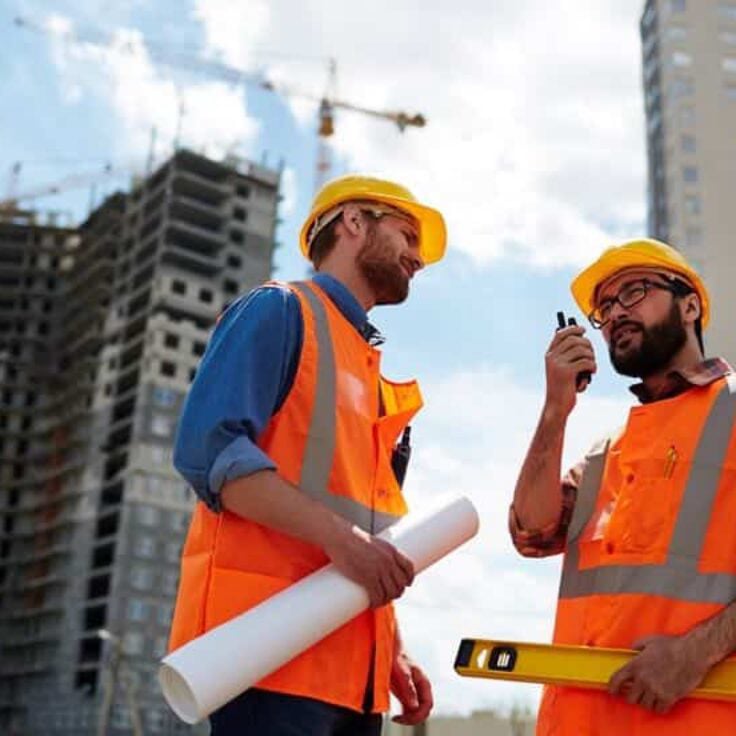Navigating Career Pathways with a White Card in Victoria
Once you’ve got your White Card Melbourne certificate in hand, what’s next? The construction industry offers a diverse range of entry-level pathways, depending on your interests, skills, and goals. General labouring is a common starting point, offering hands-on exposure to multiple trades and disciplines. It’s a chance to observe, ask questions, and explore the rhythm of daily site life.
Others may pursue apprenticeships in carpentry, electrical work, plumbing, or bricklaying—each offering formal training and nationally recognised qualifications. With your White Card already secured, you’re ready to explore pre-apprenticeship courses or start applying for trade assistant roles that allow you to work alongside licensed professionals.
Victoria’s booming infrastructure sector also provides routes into civil construction, roadworks, and tunneling projects. The Big Build initiative—a multi-billion-dollar program transforming roads, rail, and public transport across the state—has created thousands of job openings. Your White Card makes you eligible to apply for these roles and join one of the most ambitious infrastructure programs in the Southern Hemisphere.
It’s also worth noting that your White Card opens doors beyond Victoria. Because the card is nationally recognised, you can seek opportunities in other states and territories without the need for retraining.

